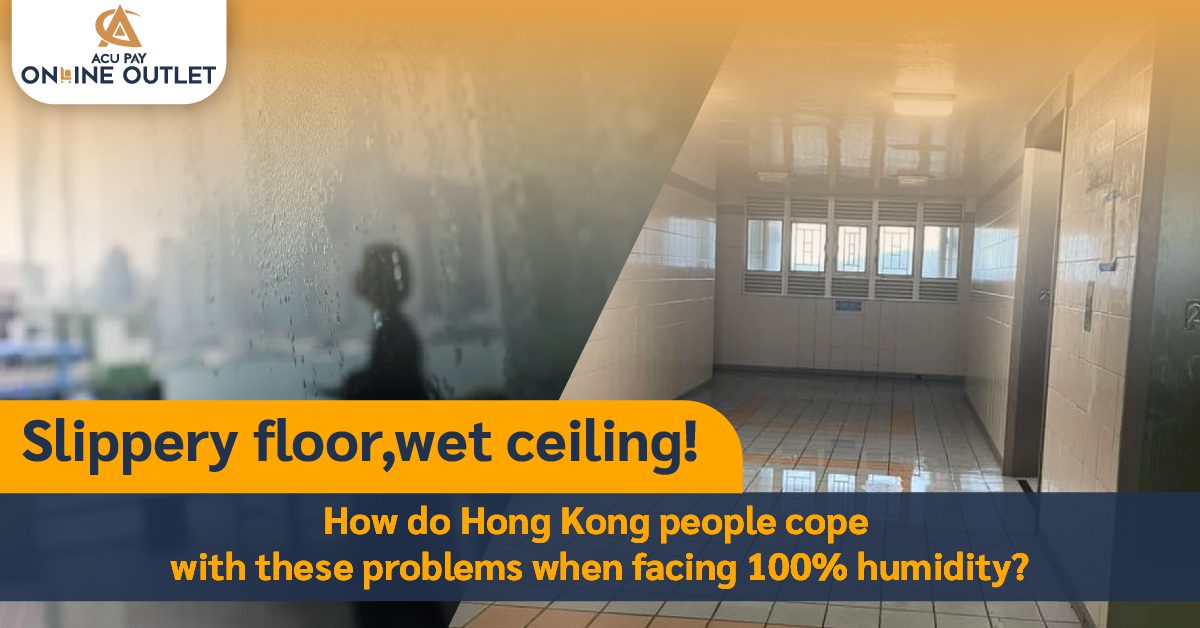

Relative Humidity means measuring the amount of steam in the air compared to the maximum amount of moisture that can exist at the set temperature.
The relative humidity reaching 100% means that the air is filled with steam and can no longer hold water or steam. As the weather cools under these conditions, fog, and clouds form condensation, forming rain. Nonetheless, that doesn’t mean Humidity has to be 100 % to cause rain.
Humans like us are very sensitive to humidity because our skin needs air to get rid of the heat, and sweat is to keep our body temperature normal. Therefore, if the air has 100% RH humidity, sweat will not be able to evaporate into the air (because the air is 100% RH saturated). As a result, we feel ‘hotter’ than the actual temperature when the humidity is ‘high’. If the humidity is ‘low’, we feel ‘cooler’ than the actual temperature because our sweat evaporates easily and cools our body temperature.
It is caused by the warm and humid sea breeze from the south in spring. When warm air cools down along the coast of Guangdong, fog builds up throughout the city. Steam condensation and water droplets form on walls, floors, and glass panels which is a result of warm air that meets the cooler air of buildings in the city.
Hong Kong people are exposed to volatile environments and extremely humid conditions that worsen allergies and are vulnerable to other infections. As a result, it takes more time for the elderly and children to adjust to climate change, and more vulnerable to infectious diseases such as COVID-19.
Experts recommend using a dehumidifier to keep the room’s relative humidity between 40 to 60%. For those who do not have any dehumidifiers, close the windows or keep them slightly open and turn the fan to blow out the air gently.
Daily household appliances may cause moisture as well, which must be prevented by turning on the ventilator when using the kitchen and turning on the ventilation fan to prevent steam generation and fungus occurring from moisture when using the laundry room and bathroom. In addition, avoid accidents caused by wet and slippery areas.
In addition to Hong Kong, people living in southern China are also faced with this level of humidity. The Guangdong Meteorological Bureau said on March 6 that residents of southern China struggled with a lot of humidity when relative humidity rose to 100%, where humidity spread throughout the southern cities of the country, causing numerous water droplets to accumulate on the ceiling.
That is a phenomenon of climate change in the early spring or summer months experienced by Hong Kong and southern China.

ให้ทุกเรื่องการเงินเป็นเรื่องง่าย เริ่มต้นวันดีๆ ไปกับเรา MAKE A GREAT DAY WITH ACU PAY